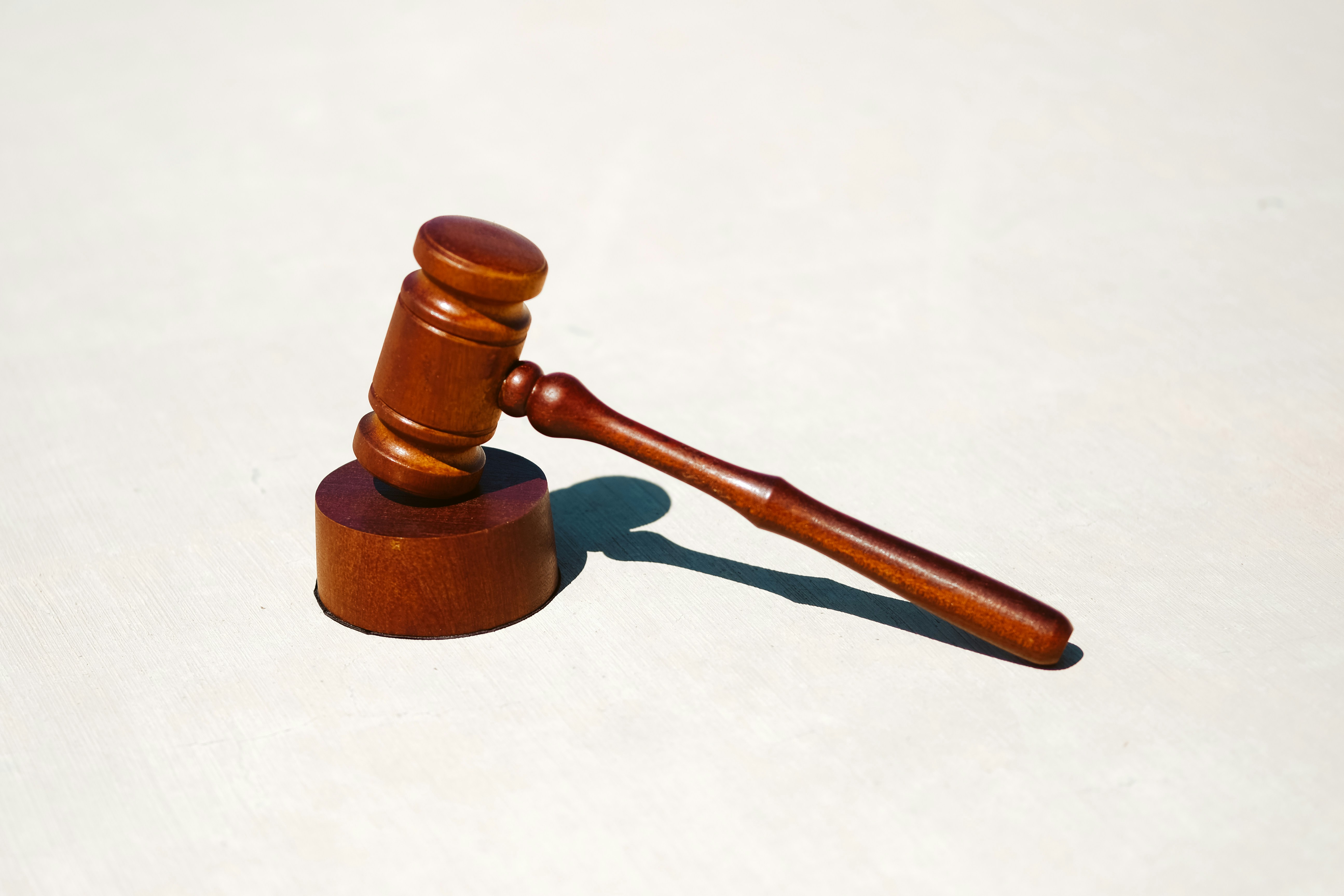
Life can be unpredictable, and at times, unforeseen events can result in injury. Injuries from negligence, like car accidents or dog bites, can overwhelm one physically, emotionally, and financially, imposing burdensome challenges. Following such incidents, ranging from the immediate aftermath to long-term consequences, the effects can be extensive and complex.
Accumulating medical expenses, challenges in performing work tasks, and persistent injury-related discomfort may ensue. In such circumstances, pursuing compensation for incurred damages through a personal injury claim may be warranted. In this blog, we’ll walk you through everything from the initial steps after an accident to navigating the claim process.
Understanding Personal Injury Claims
Accidents are a surprisingly common occurrence in the United States. A ScienceDirect study reveals a staggering number: approximately 9 million emergency department visits and 225,000 hospitalizations annually due to unintentional injuries. Tragically, these injuries are the leading cause of death and disability for Americans aged 1 to 44 years. Injuries caused due to negligence are equally common.
Beyond the physical scars, these accidents can have a significant financial impact. This is where personal injury claims come in.
But what exactly are personal injury claims?
Personal injury claims arise when someone is harmed by another’s negligence, recklessness, or intentional actions, leading to legal disputes. These claims typically seek compensation, known as damages, for the various losses incurred due to the injury.
Key components of personal injury claims involve:
- Establishing liability.
- Assessing damages like medical expenses and lost wages.
- Understanding insurance coverage for negotiations.
Adhering to statutory time limits is also crucial to preserving your right to seek compensation. Failure to adhere to legal deadlines or grasp insurance policies can heavily influence claim outcomes. Thorough preparation and understanding are crucial for effectively pursuing compensation.
Initial Steps in the Claims Process
Within the crucial first week post-accident, prioritize seeking medical attention for diagnosis and treatment planning. Simultaneously, gather evidence, including scene photos, witness statements, and the police report if available. Report the incident to relevant authorities and inform your insurance company, even if not filing a claim. Considering legal counsel is advisable to comprehend rights, navigate legalities, and optimize potential compensation.
According to Nolo, prioritizing your health after a car accident is crucial for two reasons. Firstly, your doctor’s assessment and treatment plan aid your speedy recovery and comfort. Secondly, keeping thorough records of medical appointments is crucial for documenting injuries and treatment in car accident injury claims. Medical expenses constitute a significant portion of damages sought in personal injury cases, highlighting the importance of accurate documentation.
Evaluating Damages and Compensation
Evaluating damages is pivotal in personal injury claims, entailing a comprehensive evaluation of the losses incurred by the injured party to determine suitable compensation. This process necessitates thoroughly examining diverse factors to ensure equitable restitution, encompassing both tangible and intangible losses. By meticulously assessing damages, the aim is to provide fair compensation that adequately addresses the extent of the harm suffered.
Crucial factors in assessing damages include medical bills, lost income, emotional distress, property damage, and personal relationships. It is vital to meticulously record all medical expenses and account for lost wages and potential future earnings. Pain and suffering compensation is subjective, considering factors like injury severity and long-term effects.
Filing and Litigating the Claim
The personal injury claims process typically begins with a demand letter sent to the at-fault party’s insurance company, outlining the claim and seeking compensation. Subsequent negotiations aim to reach a fair settlement, but if unsuccessful, a formal lawsuit is filed, initiating the discovery phase. If no resolution is reached through negotiation or mediation, the case proceeds to trial, where a judge or jury adjudicates the matter.
In April 2024, 5 On Your Side reported a tragic incident at Hickey Park in north St. Louis. In the incident, a 9-year-old was pinned between two vehicles after a speeding truck collided with his family’s van. Codi sustained severe injuries, including swelling in his lungs, a fractured spine, and a fractured leg.
In such cases, the specifics of filing and litigating a personal injury claim can vary depending on the severity of your injuries. The prospect of litigation can be overwhelming but don’t navigate this alone. If you’ve suffered a personal injury in St. Louis, a local lawyer can provide invaluable help. St. Louis personal injury lawyers can guide you through the legal complexities, represent you in negotiations and court, and fight for compensation.
TorHoerman Law emphasizes the importance of selecting an attorney with experience, dedication, and resources to effectively litigate your case. Finding a legal representative well-versed in the St. Louis legal system is crucial for ensuring thorough and effective representation.
Dealing with Insurance Companies
Navigating personal injury claims often involves interacting with insurance companies focused on minimizing payouts. Effective communication and negotiation with insurance adjusters are vital for optimizing compensation for your injuries. Understanding these dynamics enhances your ability to advocate for fair treatment and maximize your chances of a favorable outcome.
When dealing with insurance companies, caution is paramount, as adjusters may attempt to minimize your injuries or shift blame. Documenting all interactions meticulously, including phone calls and emails, is essential for preserving evidence. Understanding your rights under the insurance policy and the law empowers you to advocate for fair treatment and compensation.
Negotiating a Settlement
Cloudlex reports that roughly 3 to 4 percent of personal injury cases proceed to trial, as per the Bureau of Justice Statistics. This emphasizes the significance of settlement negotiations in resolving disputes, showcasing their prevalence and efficacy. It underscores the importance of refining negotiation skills to achieve favorable outcomes in personal injury claims.
Key strategies for negotiating a settlement involve comprehending your claim’s value, substantiating your demands with robust evidence, and maintaining flexibility during negotiations. Seeking advice from a skilled personal injury attorney can enhance your negotiation strategy and increase the likelihood of a favorable outcome. Evaluating the extent of injuries and financial losses and considering long-term impacts enhances your negotiating position and ensures fair compensation.
Resolving Disputes and Appealing Decisions
During personal injury claims, disputes may arise over liability, damages, or settlement offers, necessitating an understanding of resolution and appeal options.
Mediation and arbitration provide alternative dispute resolution methods involving impartial third parties to facilitate negotiations or make binding decisions. In case of disagreement with a court ruling or arbitration decision, appealing to a higher court is an option to challenge legality or fairness. Consulting with a personal injury attorney ensures informed decisions and protects rights throughout the dispute resolution process.
Frequently Asked Questions
How do I determine if my personal injury case is worth pursuing?
If you’ve suffered injuries as a result of someone else’s negligence or intentional actions, your personal injury claim may be legitimate. Seek guidance from a personal injury lawyer to assess the details of your case.
What steps should I take immediately after being injured to protect my claim?
Following an injury, prioritize obtaining medical care, documenting the incident, collecting evidence, and seeking advice from a personal injury lawyer.
How long do I have to file a personal injury lawsuit before it’s too late?
Personal injury claim deadlines vary by jurisdiction, typically one to three years from the injury or harm’s occurrence. It’s crucial to adhere to these statutes of limitations to preserve your legal rights.
Navigating the Path to Justice
Recovery may appear challenging after a personal injury, but with knowledge and perseverance, navigating the claims process becomes manageable. Remember, support is available, whether from personal injury lawyers or trusted advisors, to assist in understanding the legal terrain. By persisting with determination, one can overcome challenges and emerge stronger from the experience.




New Posts
What Field of Law Should I Pursue in College?